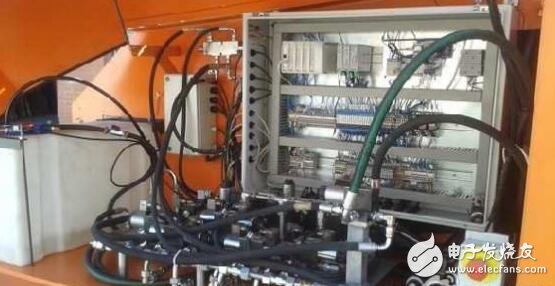The Raspberry Pi and Arduino boards are very well known devices in fast electronic forming and home DIY applications. They offer the benefits of programming flexibility, customizable signal types and ease of adaptation to existing equipment, bringing many benefits to the industry. They can be an alternative to common industrial equipment, cost-effective and flexible, adding remote control and monitoring capabilities to small traditional industrial systems. - Robustness issues in industrial environments There are already several Arduino and Raspberry Pi hardened versions available on the market. Hardware such as Industrial Shields' Arduino-based PLCs and Raspberry-based tablets have included additional robustness to meet industrial needs. In addition, a variety of different industry standard housings have been specifically developed to accommodate both boards. - safe question “Is hardware based on Raspberry and Arduino boards a security solution for industrial applications?†This is probably the most controversial topic on the Internet. There is no simple answer to this question, it depends on many factors. The safety of industrial applications depends not only on the PLC, but also on the integrity of the entire project, how the system and software are implemented, and how safety is considered in project design. This is an interesting debate between engineers who look at security issues from different perspectives. - Industry standard information protocol issues This is the origin of the flexibility of the Arduino and Raspberry Pi. Based on the Modbus protocol, a specific library is developed to enable communication between the two boards via their protocols. Modbus is a serial communication protocol developed by Modicon (acquired by Schneider Electric) for its programmable logic controller (PLC); now the most common communication protocol for many automation vendors such as Omron, Opto 22, Schneider And Mitsubishi. The main reasons why Modbus is widely used in industrial environments include industrial application development, free publicity, ease of use, installation and maintenance, and few restrictions on suppliers. Modbus allows multiple different devices to connect to the same network for communication, no matter what OEMs (prototype device manufacturers). The need to communicate between different devices from different vendors became more important than the arrival of the fourth industrial revolution; Industry 4.0 and Industrial IoT gave Modbus a second life. As long as the project is specifically designed to ensure safety, the ruggedized version of the Arduino and Raspberry Pi can be a valuable and reliable alternative to mature industrial equipment (especially small traditional industrial systems connected to the network). RS Components New Raspberry Pi 3 Model B RS Components is now the newest member of the Pi family - the new Raspberry Pi 3 Model B! The new motherboard is ideal for learning programming, gaming and programming, and is the perfect choice for IoT project applications! Raspberry Pie 3 Newbie Set from RS Components The recently launched Raspberry Pi 3 Starter Kit for new users and entry-level users, including eight components - Raspberry Pi 3 model B motherboard, shell, pre-installed software micro-SD card , USB keyboard and mouse, international standard power supply, HDMI 2.0 cable, and 'zero-based Raspberry Pi' books, there are nine flavorful projects in the book that can inspire users to design and build their own inventions and innovations. The package also provides customers with all the connectors and peripherals needed to get started quickly with Raspberry Pi3. Class 2 Power Adapter 24V,24 Volt Adaptor,Class2 Ac Dc Adapter 24V,24V Dc 2.5Amp Power Adapter ShenZhen Yinghuiyuan Electronics Co.,Ltd , https://www.yhypoweradapter.com